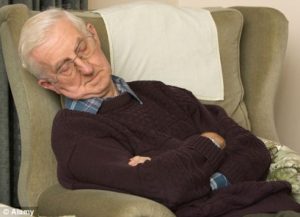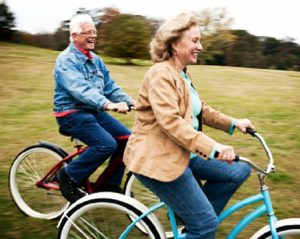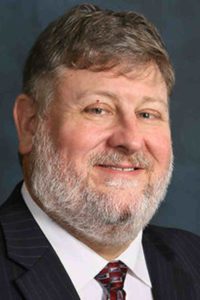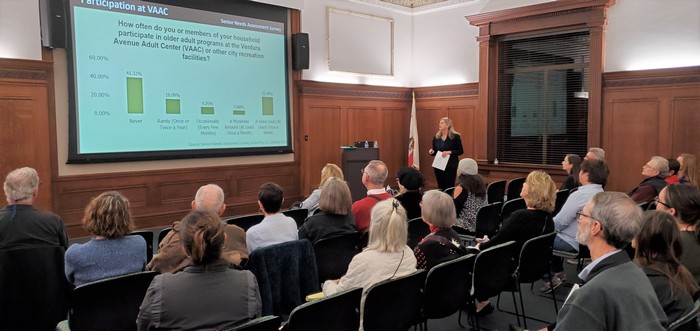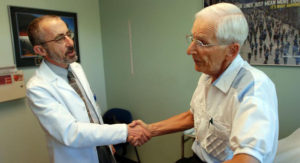The sessions were led by Dr. Teresa Penbrooke of GreenPlay.
by Jill Forman
On December 9th and 10th Ventura’s Parks, Recreation and Community Programs Department held Community Meetings to reveal and discuss the results of surveys from the community.
The sessions were led by Dr. Teresa Penbrooke of GreenPlay, a consulting firm specializing in parks, recreation and open space. Her firm designed, administered and analyzed the surveys and will be making recommendations, what she termed “…a road map for the next 25 years.”
Surveys were available in many venues and formats, 680 citizens completed them. Their purpose was to identify goals for Senior Services by involving the seniors with meetings as well as surveys; to assess the city’s capacity and recommendations for improvement.
A key point in senior programs, which Penbrooke emphasized, is to nurture body, mind and spirit.
Respondents list the city’s strengths as: high quality programs, senior nutrition, wonderful staff, the MyVentura guide, and existing community partnerships. Weakness are: lack of affordable housing, insufficient public transportation, and fewer programs on the East side. (Victoria is chosen as separation between the parts of the city.) Recommendations are: better communication, increased lifelong learning opportunities, multigenerational programs, safer street, more community partnerships, and better opportunities and support systems for “aging in place.”
Attendees at the meeting on December 9 verbalized increasing concern about the population of homeless seniors; Penbrooke acknowledged this along with the isolation of many seniors, the need to expanding senior nutrition and Senior Services staff. She also mentioned the possibility of increasing partnerships by drawing in houses of worship, private organizations, libraries and so on.
Barriers to using Senior Services were also discussed: lack of knowledge, lack of transportation and personal mobility, insufficient programming throughout the city.
When asked to prioritize needs, the desperate need of affordable housing for seniors was number one. Seniors are often on a fixed income and housing is increasingly expensive. This is a quality of life issue that affects the entire community. The other priorities listed were: increased public transportation, more nutritional services, social services and care services.
Penbrooke pointed out that these concerns are not limited to seniors but are system-wide. There is no master plan addressing these needs for the entire population. She said that it is necessary to develop a strategic plan of action to encompass all areas: spaces and facilities, programs and services, staff and customer service, gaps and potential partners to help fill those gaps.
Which brought her to the question that is the core of what the surveys and meetings and assessments and plans are trying to confront and solve: How do we develop and meet current and future needs?
